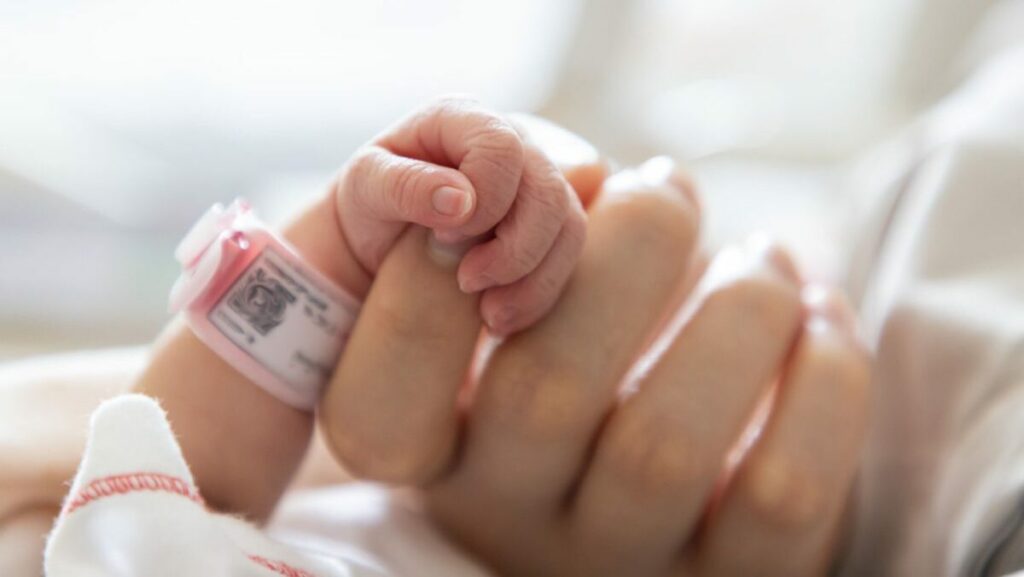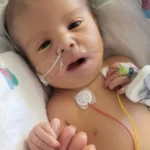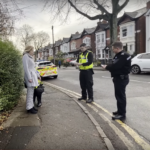Abortion
Children Who Survived Abortion Tell Their Stories
Twenty-six-year-old Charlie Rosseau was a teenager when her mother told her why she had been born with one arm and one leg. The happy, blond-haired girl from Quebec had never “felt disabled,” but her mother revealed that her missing limbs were the result of a botched abortion she’d had as a teen, but decided not to complete at the urging of a doctor. Her parents had kept this fact from her because they didn’t want the story to define her in the small Canadian town where she grew up. Charlie has refused to allow the violence she experienced in the womb to define her and has instead spent the last several years traveling the world. “I decided I will have a boyfriend, I will live, and people will love me,” she said.
Perhaps no issue divides Westerners like abortion; we cannot even agree on who the main characters in this great moral drama are. For abortion supporters, it is about female bodily autonomy, without which sexual liberation is impossible. For pro-lifers, it is about the fundamental right to life of children in the womb, without which a society rooted in coherent human rights is impossible. For one side, the child is incidental or, delusionally, non-existent. For the other, abortion is violence perpetrated against the youngest and weakest members of our society. The stories of abortion survivors are a powerful testament to the fact that abortion is not about a what, but about a who.
Charlie’s story is more common than many might think. Josiah Presley survived an attempted curettage abortion intended to dismember him in Korea in 1995. His mother discovered at five months that she was still pregnant, he escaped with a maimed arm, and was adopted by a family in Oklahoma. Brandi Lozier was aborted in 1993; when clinic staff was about to discard her body, she raised her arm, and the staff revived her. Courtney Young survived an abortion in 1996, was born at 27 weeks, and was adopted by a loving family. Young’s mother had been pregnant with twins—the abortion killed Courtney’s sibling. Claire Culwell discovered in 2009 that her health complications were due to an abortion that killed her twin. She was adopted by a loving family but told me that every time she looks in the mirror, she sees her twin’s face staring back at her.
Abortion is a procedure with a single purpose: to end the life of a child in the womb. Miraculously, survivors are everywhere. In 2008, a UK mother told the Daily Mail that she was delighted that her infant son had survived an abortion; Carrie Holland-Fischer, who testified in favor of the Texas Born-Alive Infant Protection Act in 2019, told me that she endured much bullying as a child due to a disfigured face from an attempted abortion; when Gianna Jessen survived a saline abortion in 1977 and was born at 30 weeks, the abortionist signed her birth certificate. Filipino Paralympian Ernie Gawilan, who competed at the 2016 and 2020 Summer Paralympics and was the first gold medalist for the Philippines in the Asian Para Games, survived an abortion in 1991. Even in the womb, he jokes, he was swimming—away from the abortionist.
To tell these stories, abortion survivor Melissa Ohden, a pro-life activist and author of the powerful memoir You Carried Me: A Daughter’s Memoir, founded The Abortion Survivor’s Network. Ohden was expected to be delivered stillborn, but after soaking in saline solution in the womb for five days, she was born alive in 1977 weighing just two pounds and fourteen ounces. Her grandmother told her 19-year-old mother that the abortion had been successful and urged the medical staff to dispose of the baby girl as “medical waste.” A nurse heard Melissa cry out weakly and rushed her to a neonatal intensive care unit instead. Ohden was subsequently adopted, and her memoir describes her reestablished relationship with her birth mother and their journey to healing and forgiveness. In a post-Roe world, these stories are essential.
“When Roe was overturned, we saw a nearly 40% increase in the number of abortion survivors reaching out to us from various corners of the globe,” Ohden told me. “Survivors had been collectively holding their breath, feeling marginalized, and this overturn helped many to feel like they mattered. Sadly, we’ve seen a continued escalation of the awful treatment of survivors. When Governor Ron DeSantis mentioned the name of a survivor, Penny, in the first presidential debate last August, the response of the mainstream media was to deny her story, backtracking as they actually talked to her family, but ultimately pivoting to say that circumstances like hers are the reason why safe, legal abortion is necessary.”
READ THE REST OF THIS ESSAY HERE








